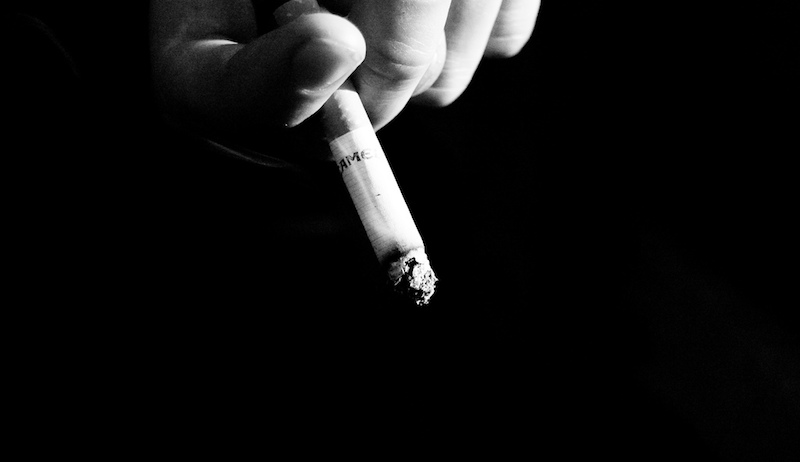Indonesia’s notoriously low cigarette prices may soon be on the rise as the government is set to significantly increase the tobacco excise tax next year.
As announced by the Customs and Excise Directorate on Tuesday, for the first time since 2018, the government is going to raise tobacco excise in 2020 as it seeks to increase state revenue earnings from tobacco next year.
The directorate said that the new figure, which has yet to be determined, is certainly going to be above 10 percent.
“[The target for tobacco contribution to state revenue] has been set at 9% [for 2020], up from the previous target of 8.2%,” Customs and Excise Director Heru Prambudi told reporters as quoted by CNBC Indonesia.
The government and parliament previously agreed to raise income from tobacco excise to 9% in 2020. In 2018, tobacco excise contributed IDR153 trillion to state coffers, which was by far the largest source of excise revenue for the state. This year, as of August, tobacco excise has already contributed IDR77.7 trillion to state revenue, and is on course to meet the IDR158.9 trillion target despite there being no tobacco excise hike.
In 2018, a survey showed that an overwhelming majority of Indonesians supported increasing cigarette prices via an excise hike for health reasons and to fight poverty. However, tobacco excise taxes on tobacco products remained at 10.9% on kretek (clove cigarettes), 13.5% on tobacco cigarettes and 7.3% on handmade cigarettes.
There were also plans to simplify tobacco product categories for excise purposes, but it’s not yet known if such a policy would be implemented in 2020.
Indonesia has some of the highest smoking rates in the world, with one major factor being the very low prices of cigarettes. Currently, the average price of a pack of cigarettes in Indonesia is around IDR17,000.
The Indonesian government has often justified the country’s lax tobacco control policies (which are considered among the weakest in the world) by arguing that stricter regulations would have a detrimental impact on the country’s poor tobacco farmers (though they rarely mention the impact on the country’s major tobacco companies, whose owners often sit atop lists of the country’s wealthiest individuals).
The government has also said that a decrease in demand for cigarettes would have a negative impact on the huge amount of revenue the government receives in the form of tobacco excise taxes. That’s another popular argument made by government officials in favor of keeping regulations lax, though one that is becoming increasingly hard to make after the country’s own Health Ministry argued that the long-term burden of treating tobacco-related illnesses on the country’s healthcare system far outweigh the short-term revenue.
(US$1=IDR14,163)




